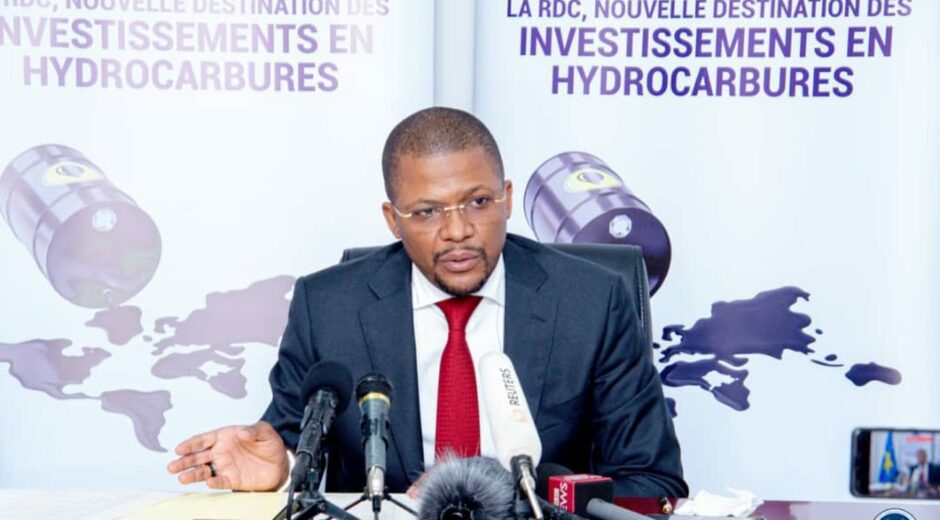
Congo Kinshasa is pushing ahead with its licensing plans, even while the government’s choice of some winners has been criticised.
The Bureau of Investigative Journalism (BIJ) raised concerns over the award of a block in Lake Kivu to Alfajiri Energy. The report said the Congolese Ministry of Hydrocarbons had produced a “damning report” on the company in December 2022, which it had seen.
Alfajiri’s bid lacked a work plan, feasibility study or adequate staff for the work. The company was registered in Alberta in January 2022, meaning it was also unable to provide three years of financial statements required for participation.
BIJ reported that the ministry’s experts then produced a second report. This removed the concerns and positioned Alfajiri as the highest scoring bidder.
Subsequently, the ministry confirmed the Canadian company as winning the right to produce gas on the Lwandjofu block.
BIJ attributed the decision to reconsider Alfajiri followed a meeting between Congolese Minister of Hydrocarbons Didier Budimbu and the company’s head, Christian Hamuli.
The two officials denied impropriety. Hamuli told BIJ the process had been “rigorous, transparent and credible … I didn’t have to bribe the minister, the poor guy.”
Alfajiri intends to tackle energy poverty in Congo, he said, employing experienced professionals capable of developing gas in Lake Kivu.
The ministry held a signing ceremony in September, in Kinshasa.
Winds
Concerns have been raised over other winners. A UK-based NGO, Rainforest Foundation, said Houston’s Winds Exploration and Production had faced allegations of tax breaches this year in Texas.
Winds, which is led by former Eroton E&P executive Frank Ihekwoaba, won the Idjwi gas block. It had applied for all three licences.
The third block, Makelele, went to the US’ Symbion Power.
The three blocks may hold 66 billion cubic metres of gas. Makelele is in the north, Lwandjofu is in the middle and Idjwi in the south. The latter is the largest, covering 473 square km. The other two are less than half the size of Makelele.
Delays
The BIJ story went on to note that, overall, there had been a shortage of bidders for the Congolese offering. Greenpeace Africa said the development would be “an unmitigated disaster for the climate, biodiversity and local people”.
The Ministry of Hydrocarbons pushed back the closing of the Albertine Graben blocks this week.
According to the bid round website, the offering for these blocks was due to close from October 30 to December 11. The ministry has pushed this back to April and early May of 2024.
The Albertine Graben offering covers four blocks, covering between 3,880 square km and 6,581 square km. The bid round estimated these may hold 5.5 billion barrels, across 23 onshore prospects and five offshore.

